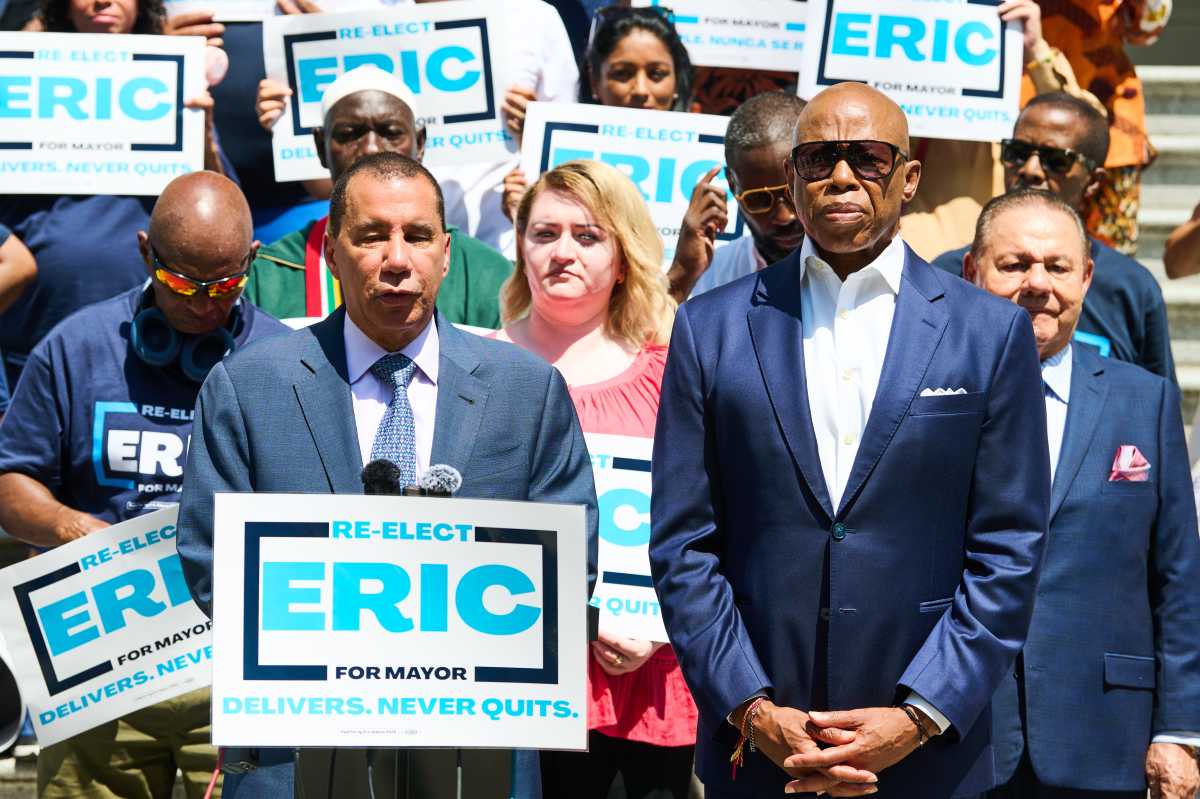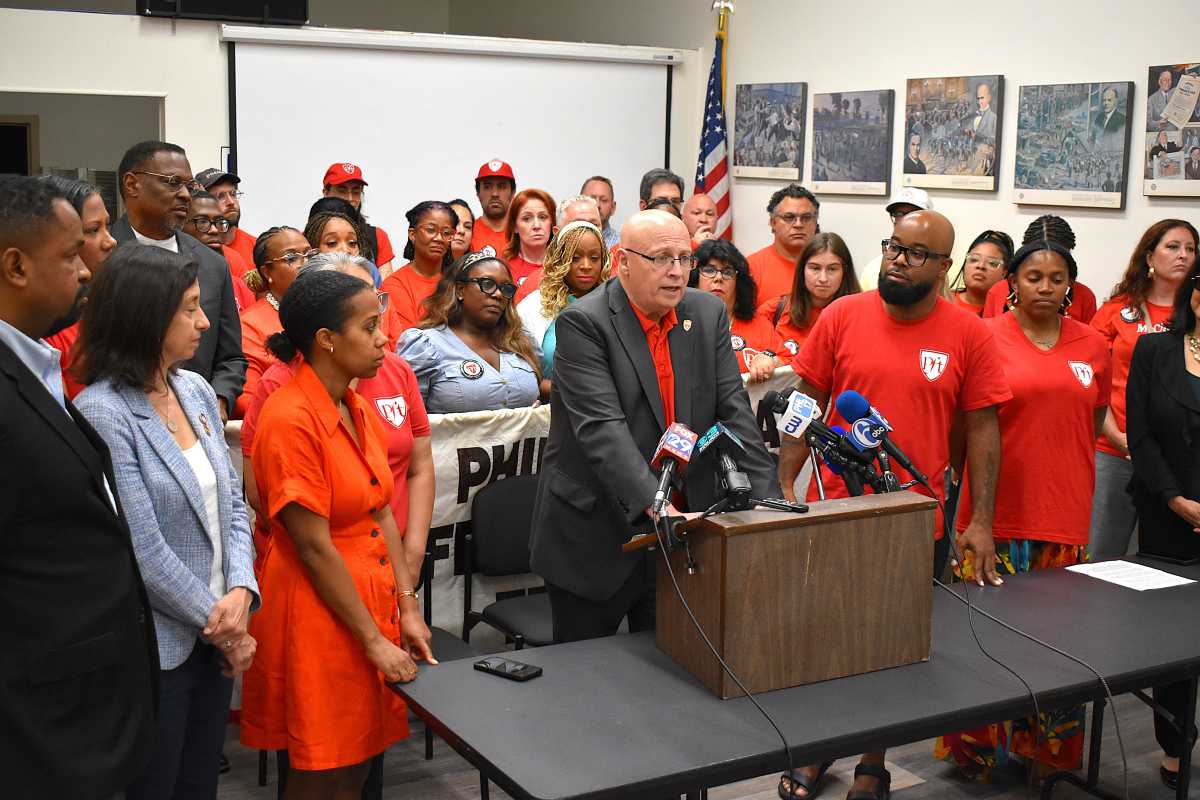Dakota Fanning is 22 and, yes, she’s still playing high schoolers. But her role in “American Pastoral” is the kind only someone like Fanning could play: both naive and well beyond her years. Based on Philip Roth’s Pulitzer Prize-winning 1997 novel, it casts her as Merry, a 16-year-old in 1968 who’s gone from a well-behaved kid raised by loving, progressive parents (Ewan McGregor, who also directed, and Jennifer Connelly) to an antiwar activist who goes on the run after a bomb she planted in sleepy New Jersey accidentally kills someone. Though set almost 50 years in the past, it speaks to our own times, when the country is once again in danger of falling apart.
Fanning speaks to us about playing fiery, not overthinking things and doing Merry’s intense stutter.
Correct me if I’m wrong, but this is the most abrasive you’ve ever been onscreen before.
I think so too, yeah. [Laughs] It was actually pretty freeing. On one hand it was difficult, because she jumps from one extreme to another: from quiet to loud, from not angry to super angry. To make those transitions feel natural and free and not fake and phony was kind of a challenge. But once you get there and find the rhythm of those emotions, there was something freeing about it. She’s somebody who thrives on making people feel uncomfortable. That can be kind of fun to do. [Laughs]
RELATED: Interview: Naomie Harris on “Moonlight” and how it’s (sometimes) funny
This streamlines a novel that’s non-linear and filled with descriptions. But Roth’s prose seems like it could be a goldmine for playing someone as complex as Merry. You can always check the book.
I read those descriptions, but I also like to stay with the script when I’m making a film. For me it’s just about the inner life of the character. I let the script guide me in terms of facts, and then it’s about the emotions that happen when you’re there and when you’re connecting with another actor. There’s no replacement for that. There’s no way I can understand the character until you actually experience that. I think about as much as I can, but I really wait for the moment when I’m in the scene with Ewan and we’re connecting. That’s really powerful.
Do you tend to concentrate on paring it down and not overthink it?
That’s really how you can sum me up. I try not to overthink about it at all. [Laughs]
Not overthinking it might be the best way to play Merry, who does something that’s indefensible but who the film, like the book, does not judge.
I didn’t feel the need to relate to her or completely understand her. But I didn’t want to judge her. I also didn’t want to make her typical. I didn’t want it to be the typical character who does something bad and then they repent and feel bad and admit they’re wrong. That’s not very Roth, and that’s not very Merry. She’s uncompromising and unapologetic.
There are a lot of contradictions in her character. That’s not something we like. We like people to be simple and flattened out, with no contradictions.
We try to get away from them, but they exist! We can’t help it! I always have to stick up for Merry, because she does do something that’s indefensible. I think the story is about breaking down the American dream and questioning whether it’s possible. And Merry does do that, for better or worse. This movie could have been made so many years ago. Jennifer’s been attached for nine years; Ewan and I have been attached for three years. It could have come out at another time. It’s just a completely coincidence that it’s coming now now, when we’re experiencing something similar in our world.
Tell me about the stutter you have to do.
Ewan and I talked about it and he sent me some videos. The main thing we talked about is we’ve seen Merry at a younger age, and we’ve seen the stutter as a source of pain for her and her parents. I kind of wanted to turn that on its head. When we see her at 16, she now gets this power from the stutter. She uses it as a weapon against her parents to purposefully make them uncomfortable. Usually we’d see something like that as an affliction or a source of pain. It interested me more as something Merry uses to her advantage.
You’re in your last year of undergrad at NYU. What do you think you’ll do with your degree, or did you just want to have it?
Just to have it. [Chuckles] It’s an experience I wanted to have. One day when my kid is going through the application process, I’ll have some knowledge of what they’re experiencing.
You’re focusing a lot on women in Hollywood. The parts were better for actresses in the ’30s and ’40s, and of course we constantly talk about inequality yet still have little idea of how to actually effect real change in the system.
You look back at plays that were written by Shakespeare and he’s poking fun at the disparity between genders. How many years ago were those plays written, you know? We’re still having similar conversations. While they’re great ones to have, the true meaning of change is when you no longer have to have to talk about it. [Laughs]

























